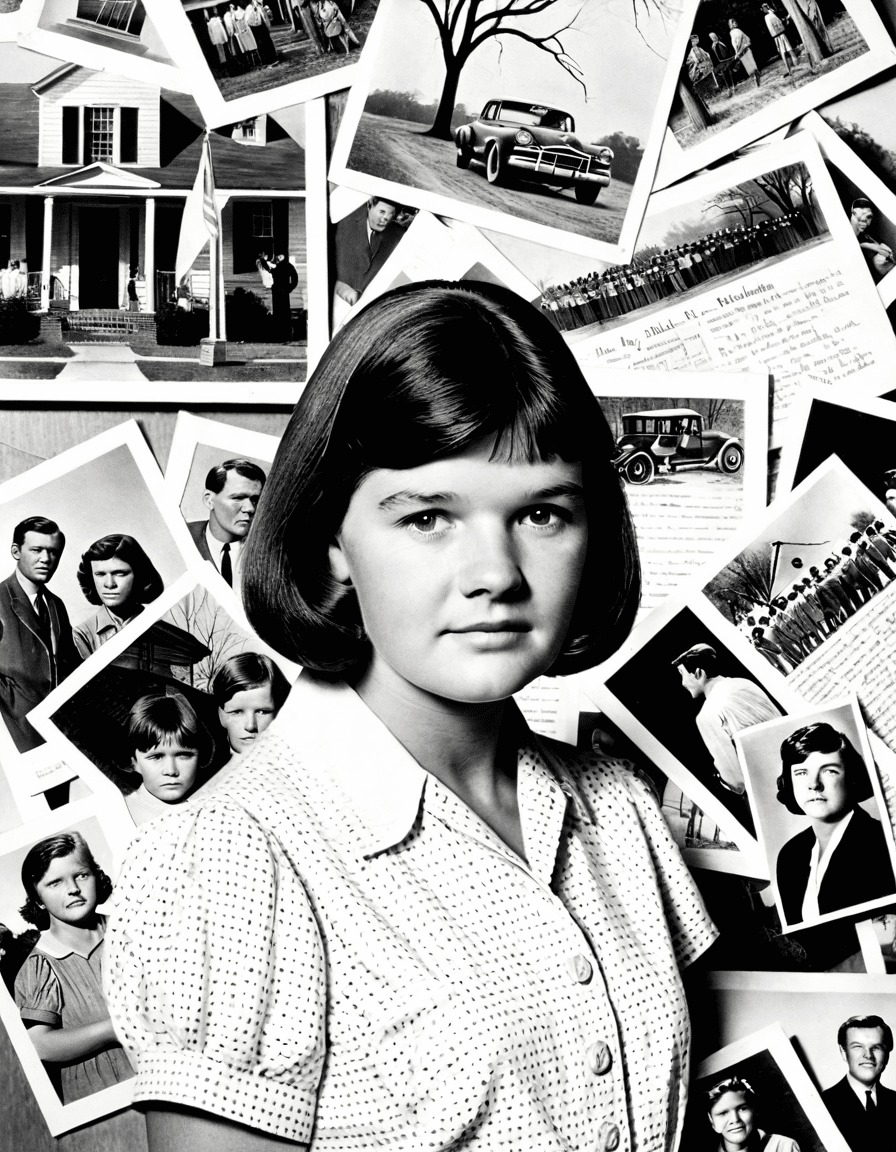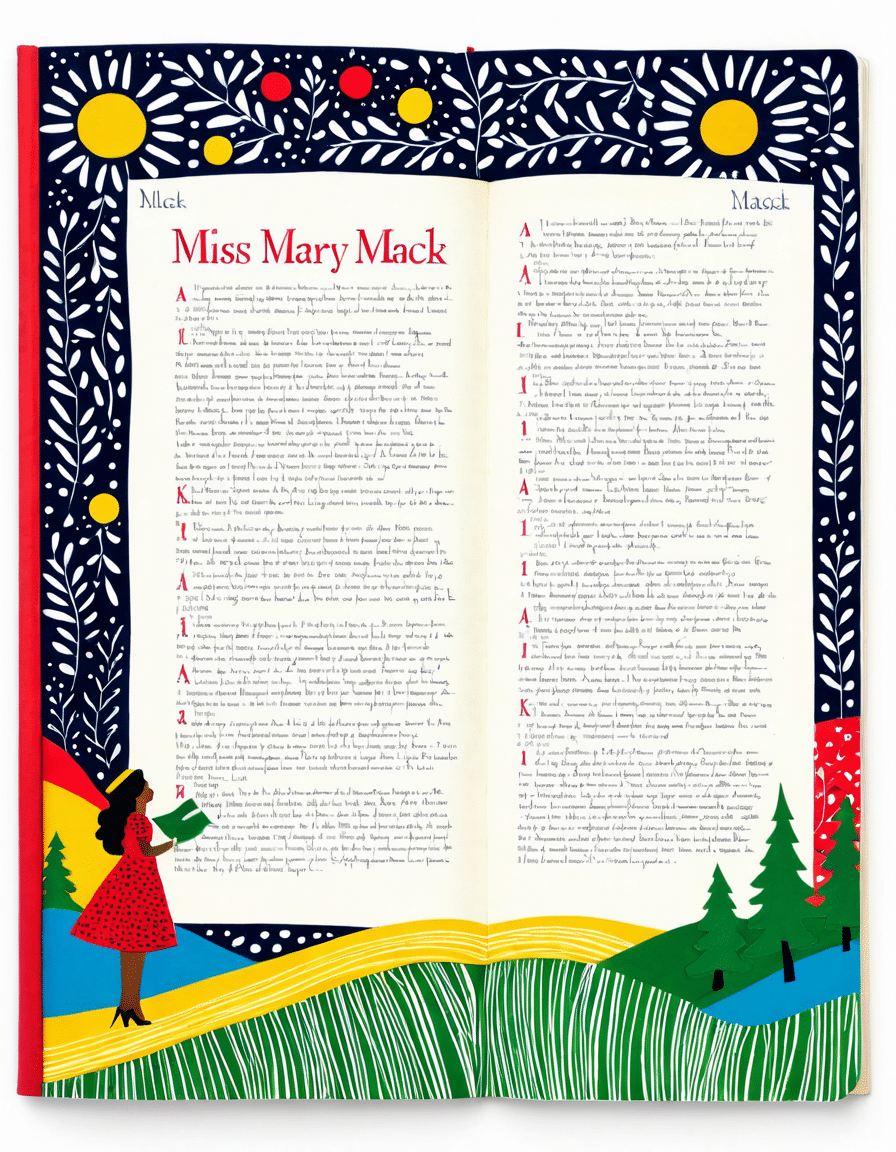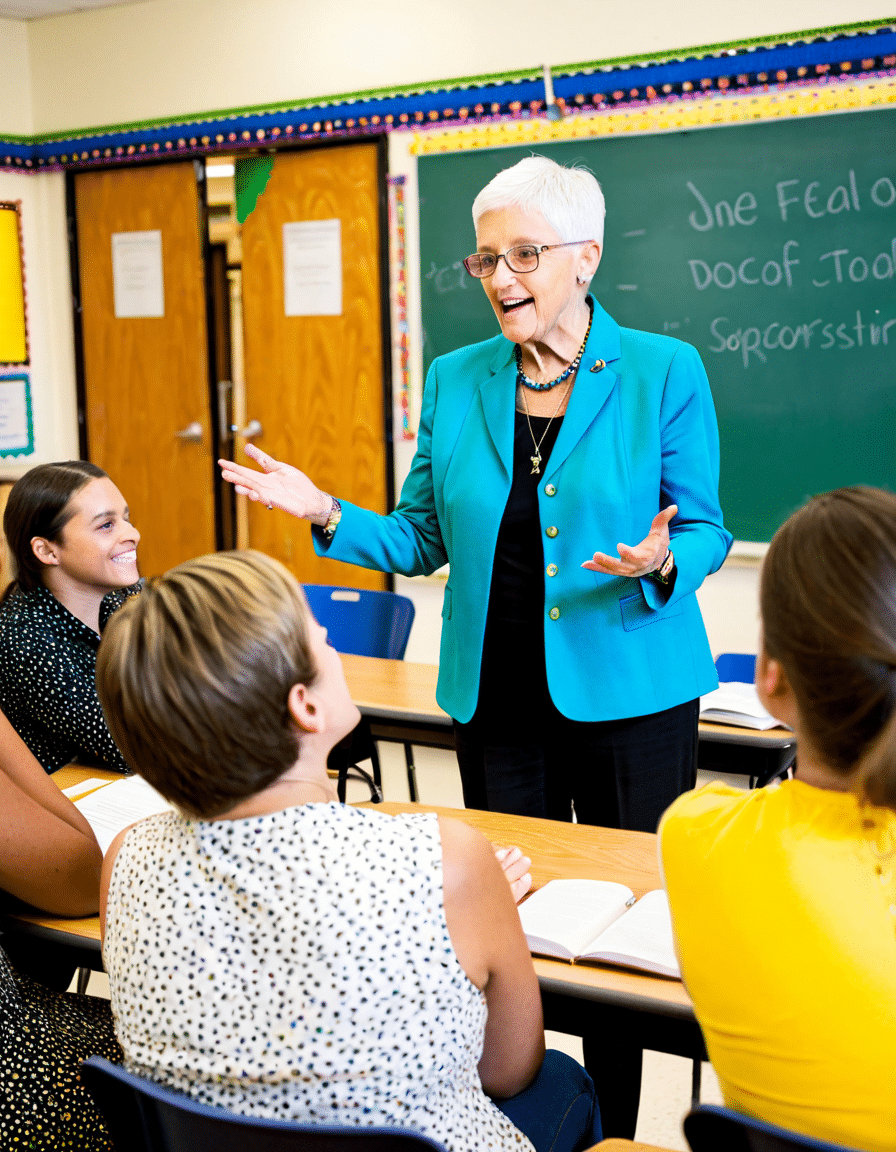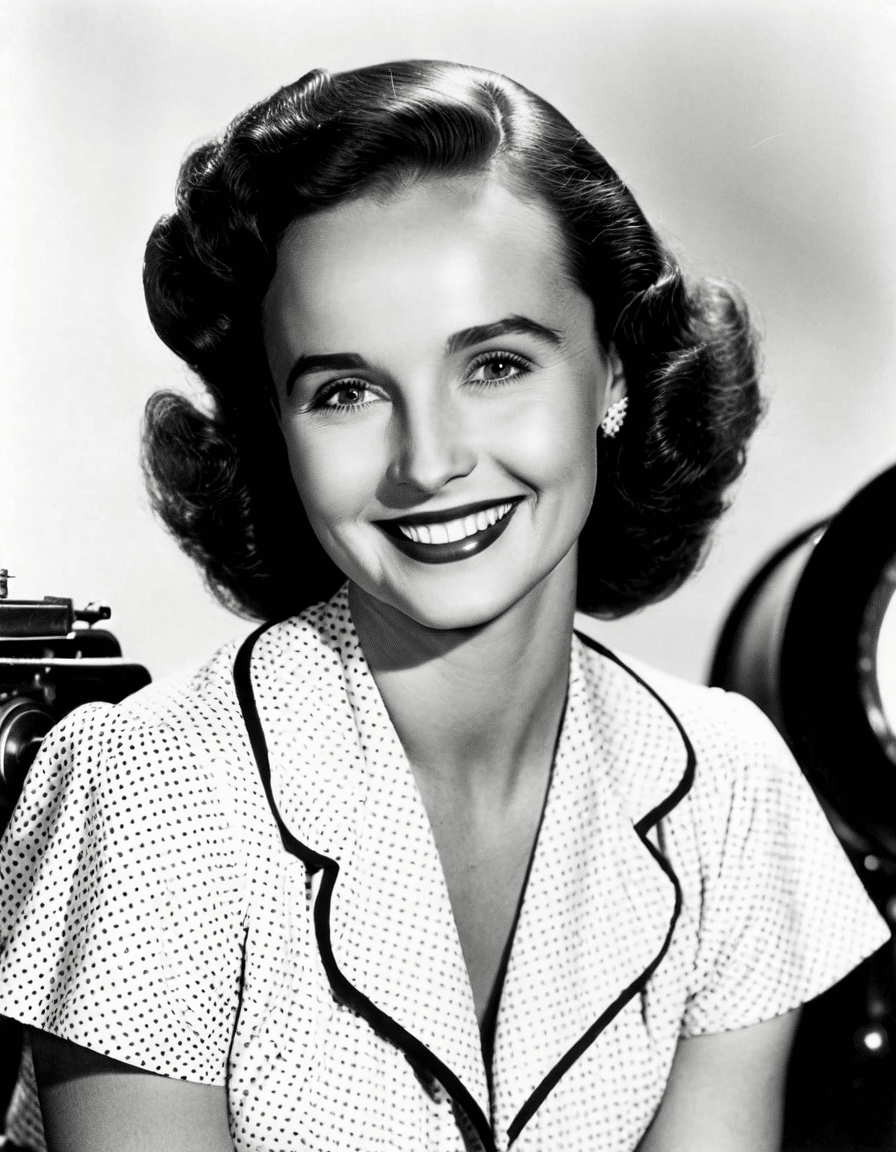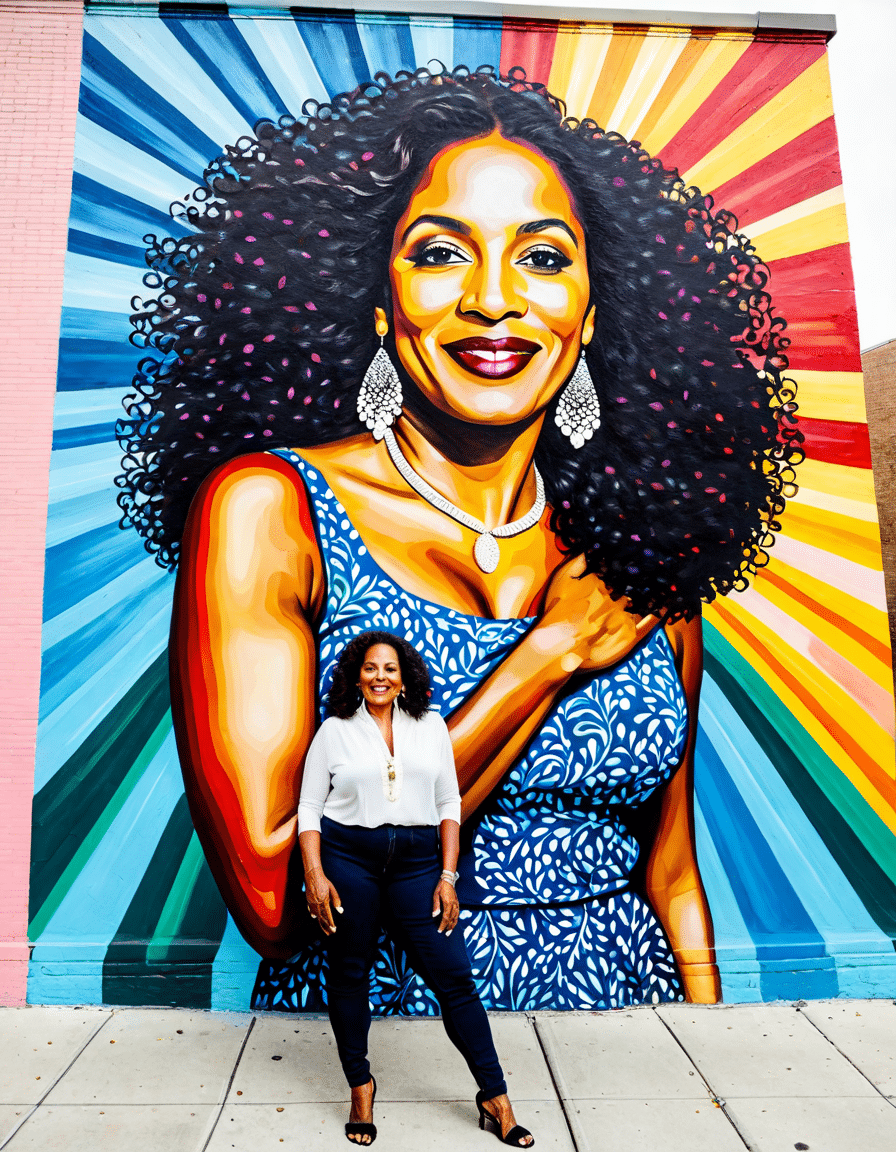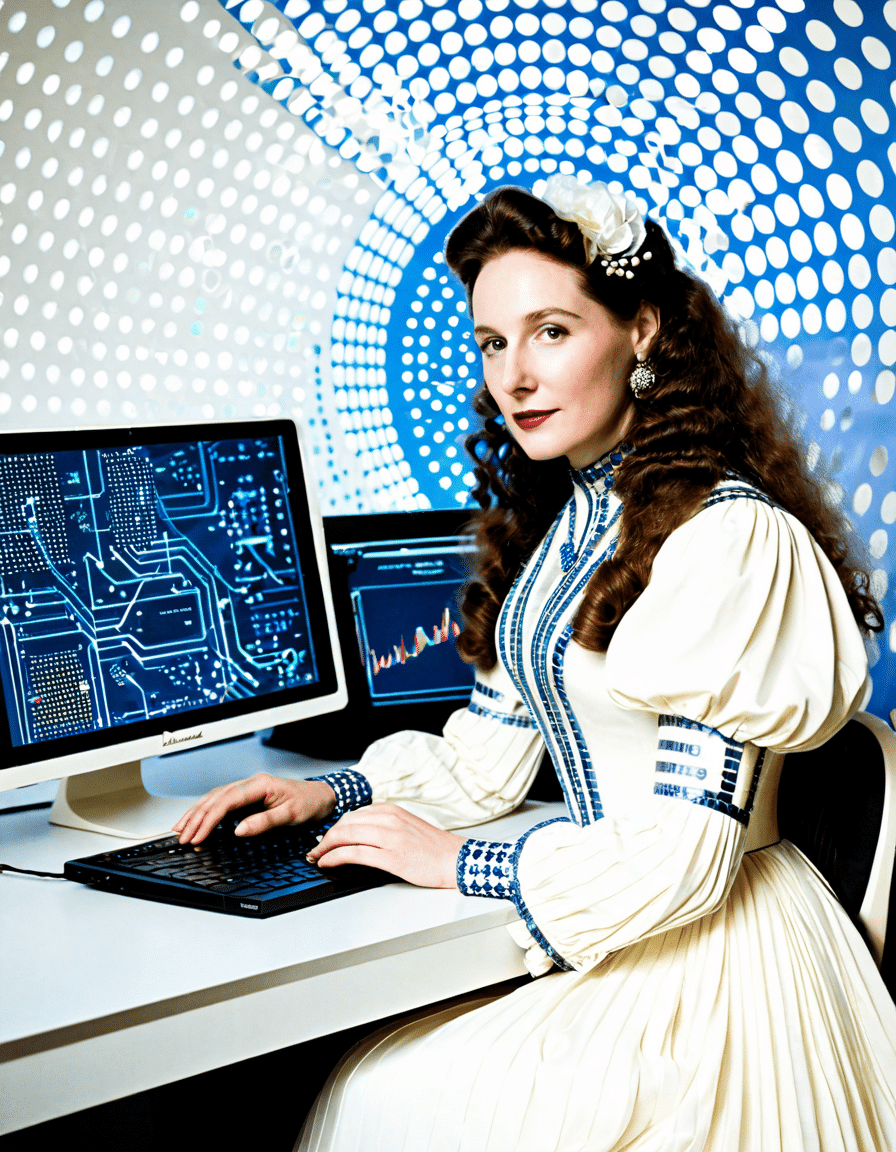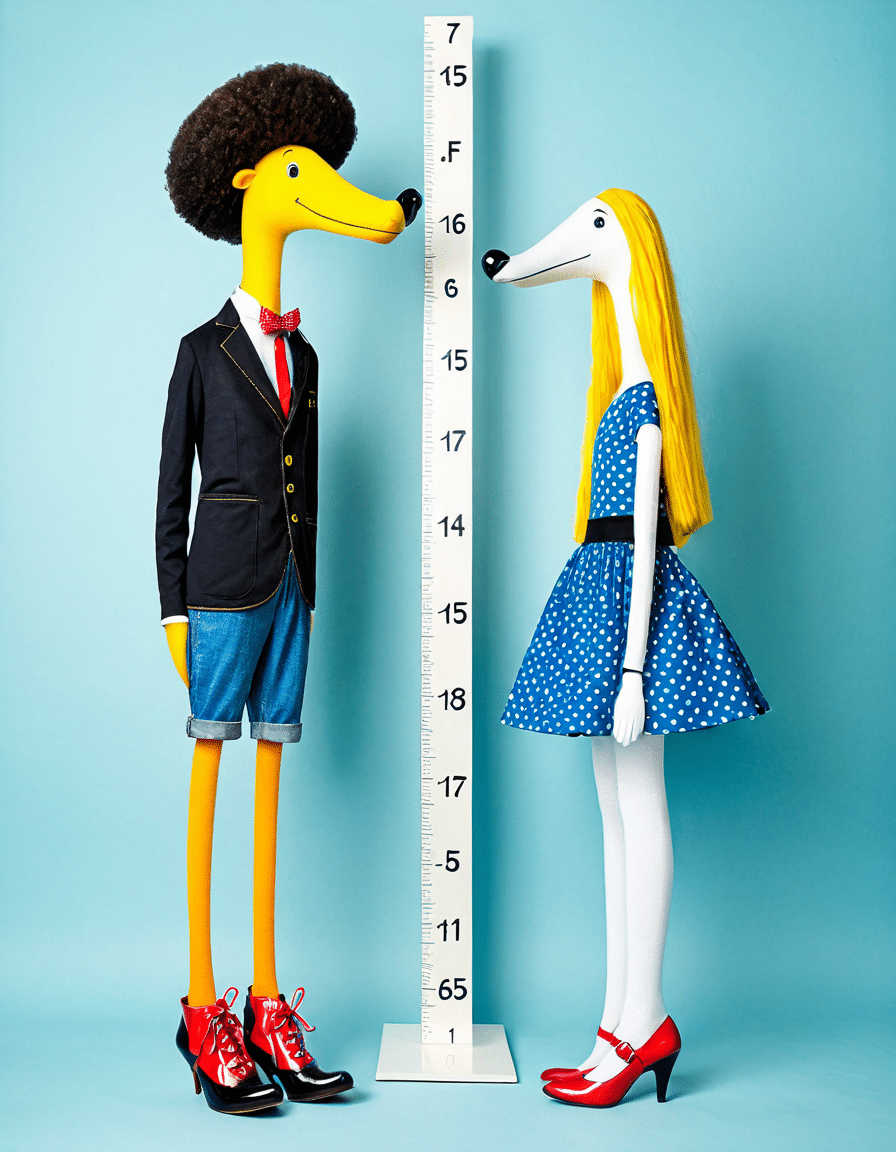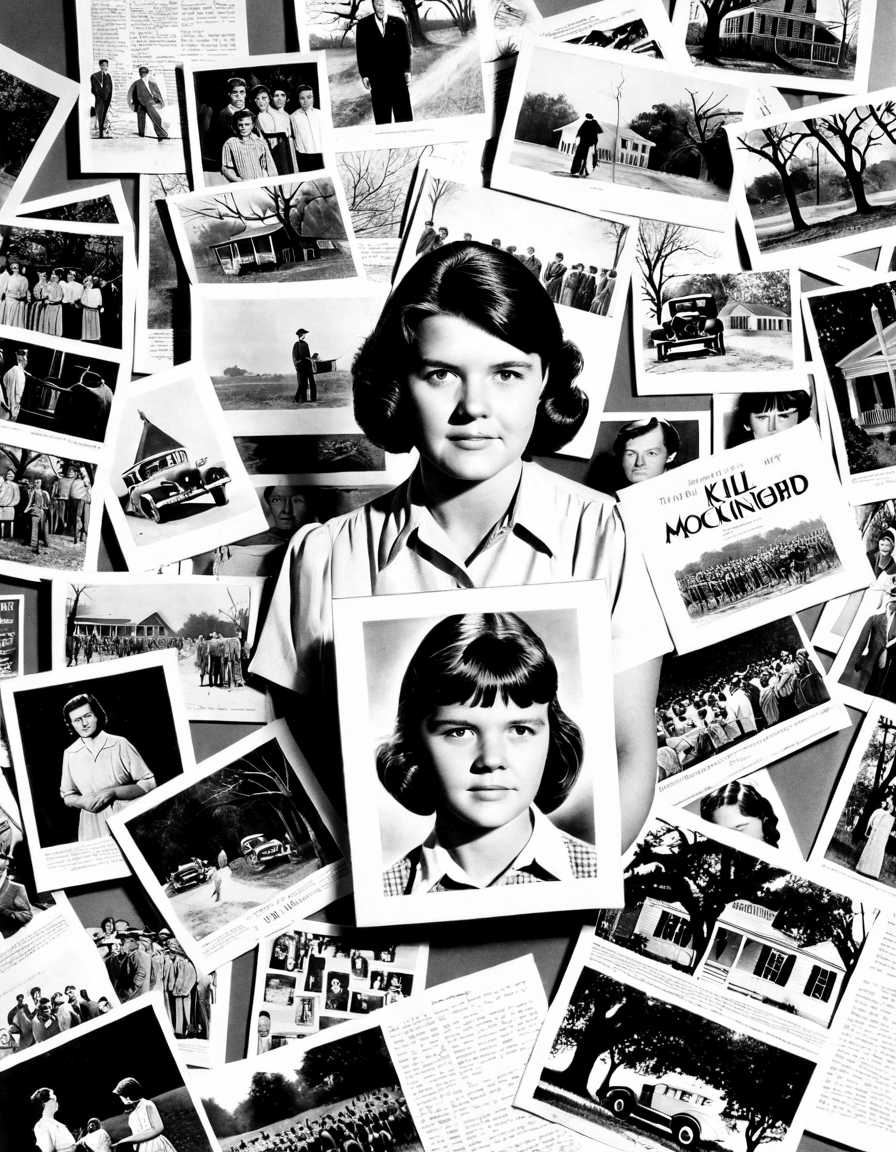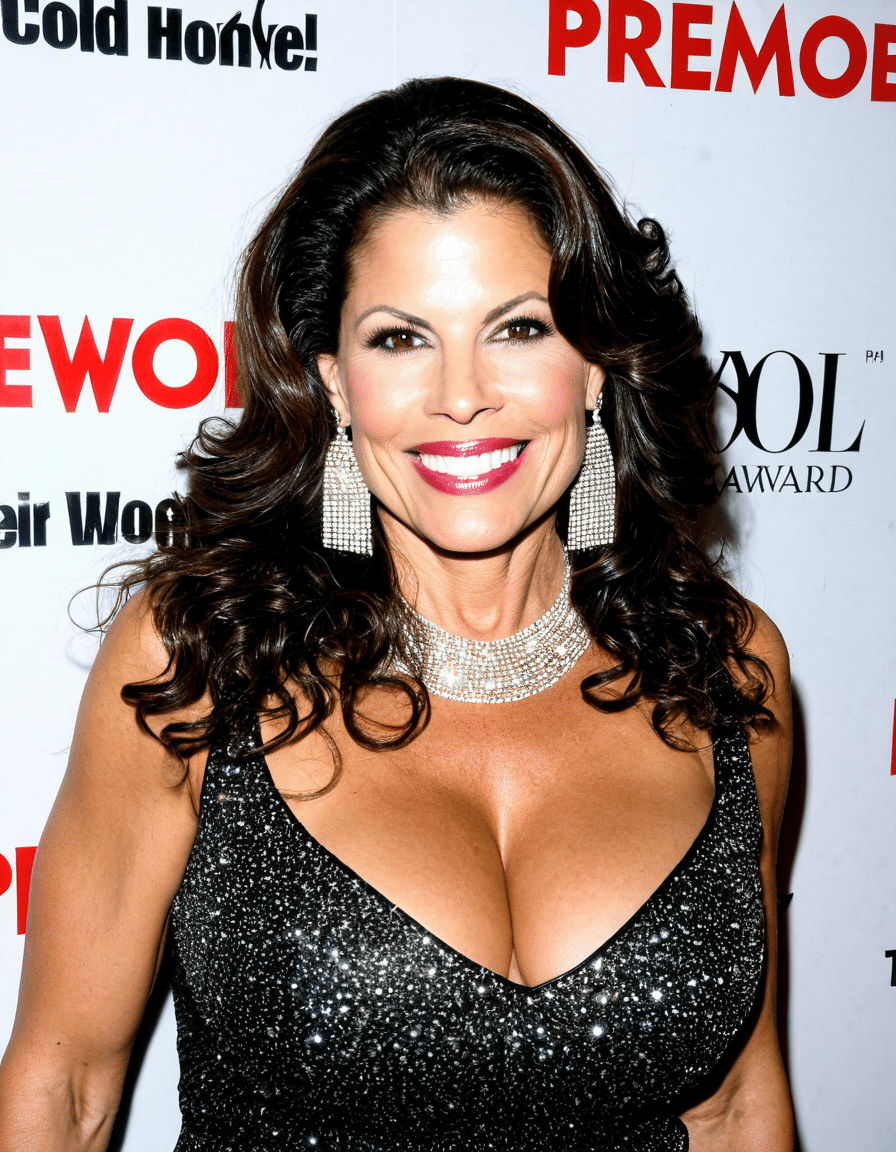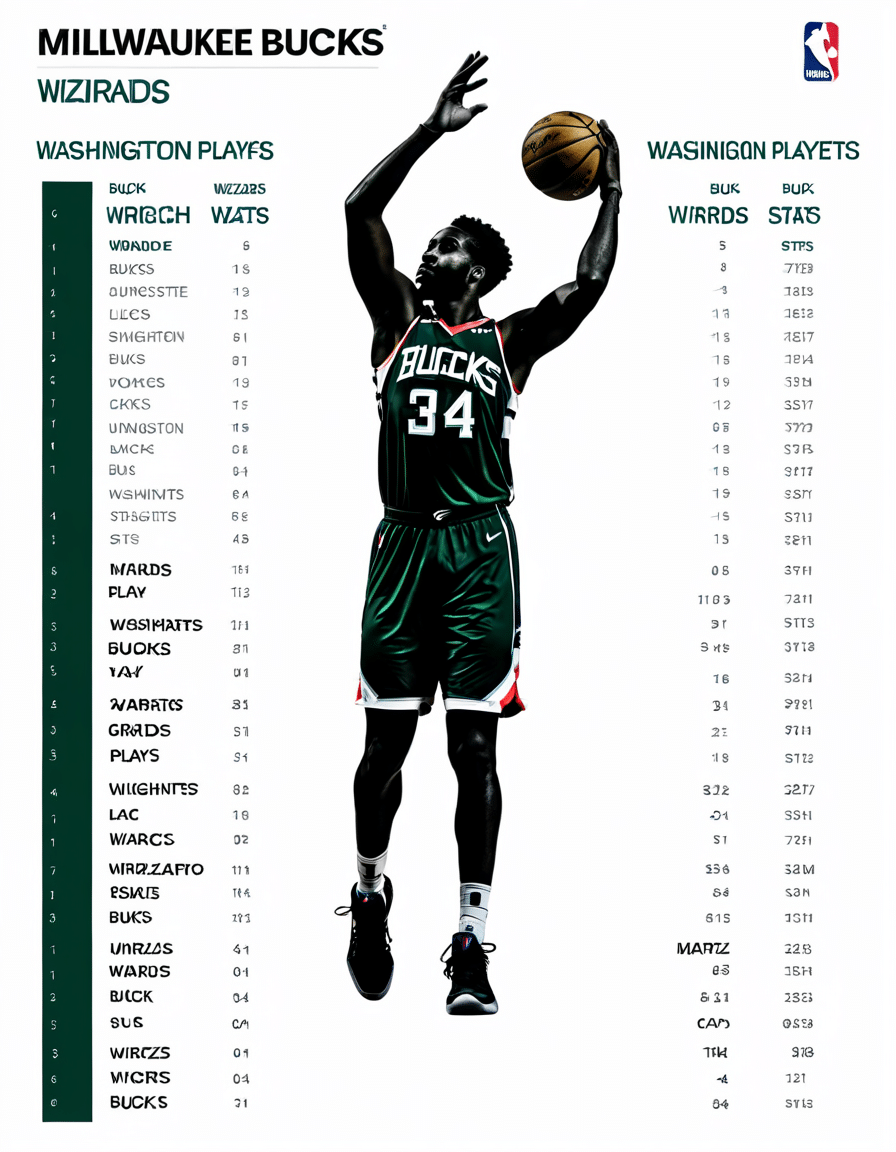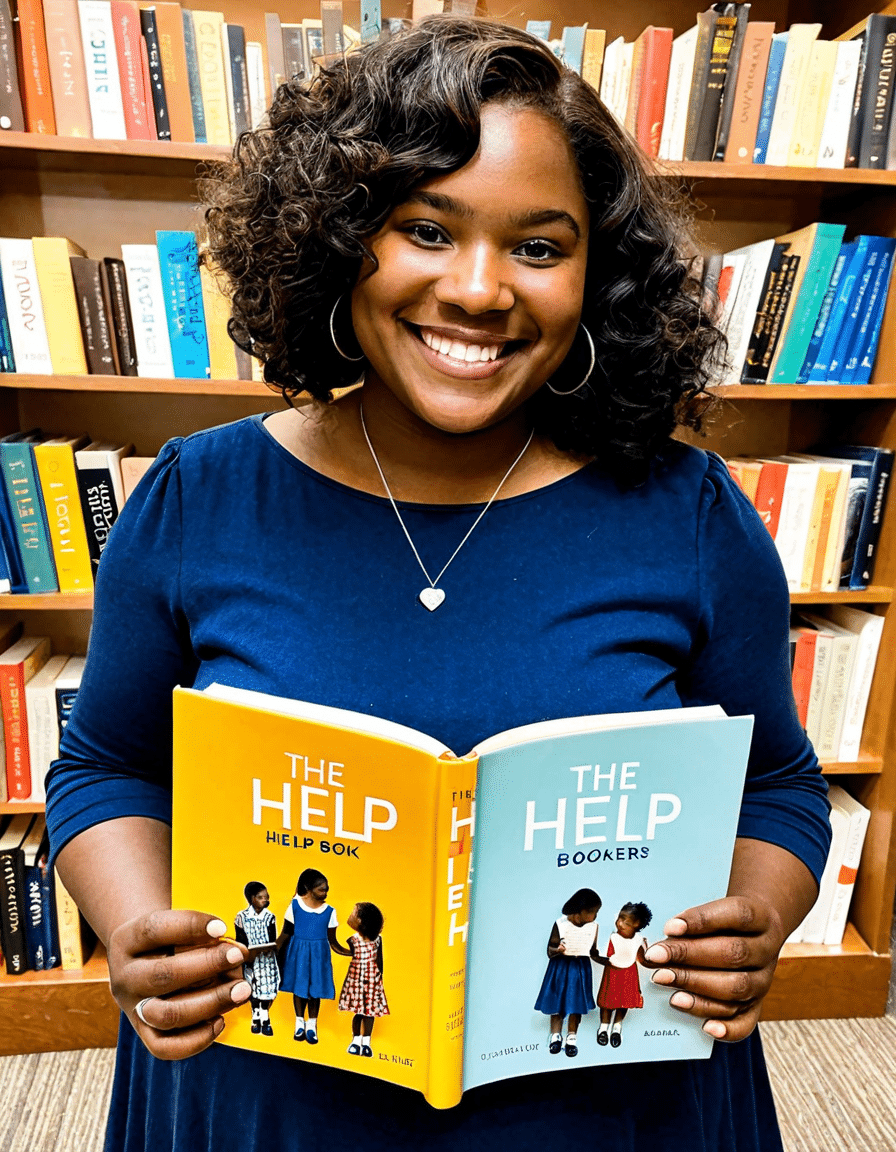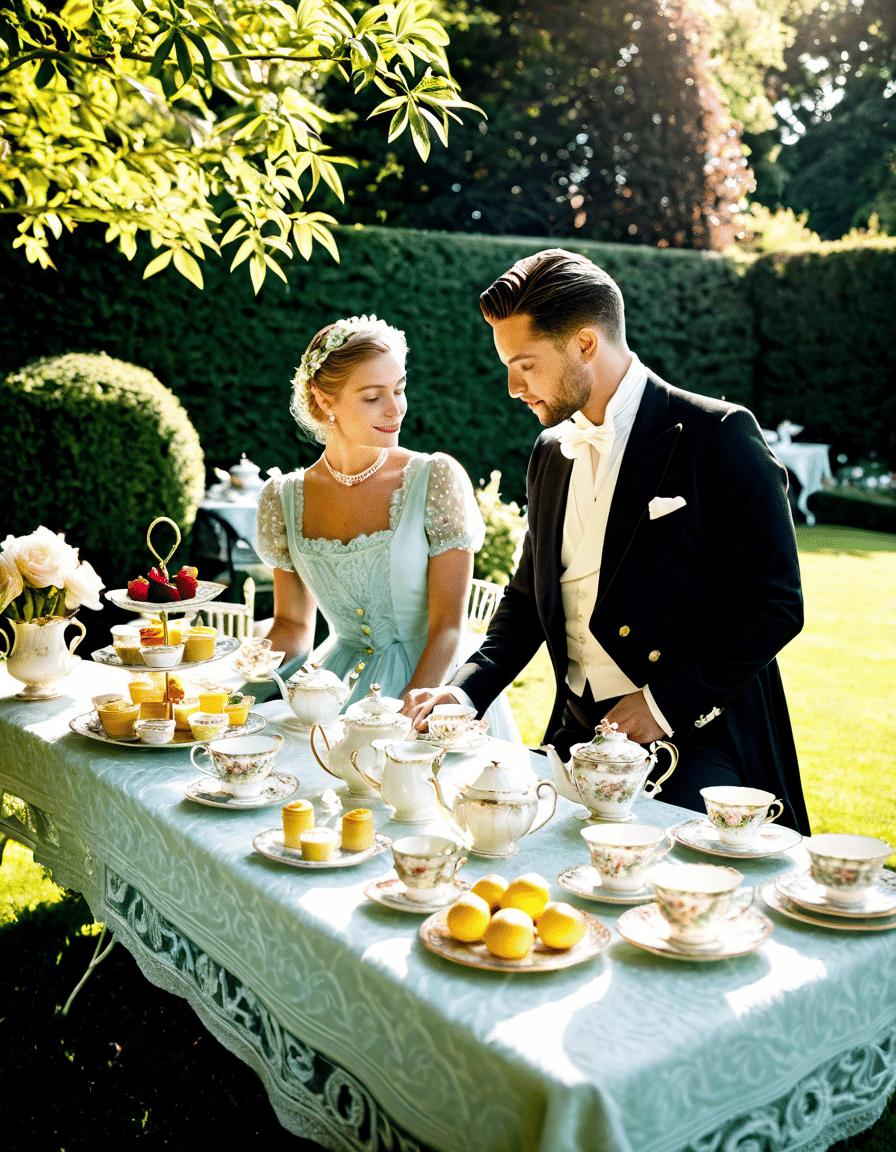Mary Badham’s iconic portrayal of Scout Finch in the 1962 classic, To Kill a Mockingbird, remains a touchstone in cinematic history. At the tender age of 10, Mary captured the spirit of a young girl navigating a tumultuous world steeped in racial injustice and moral integrity. Her performance not only showcases her undeniable talent but also reflects societal concerns during the civil rights movement in America, making her a significant figure in both film and advocacy.
The raw emotion Mary infused into Scout presents a poignant commentary on youthful innocence in the face of societal challenges. She brought a fresh perspective to a character who was both curious and vulnerable, echoing the heart of a narrative that resonated deeply with audiences across generations. The film’s themes were revolutionary for its time, and Mary’s performance provided a framework that allowed discussions on morality and justice to flourish. When you watch her interact with adult characters, it’s easy to see how Mary Badham’s portrayal became a lens through which audiences could explore the harsh realities of life in the Deep South.
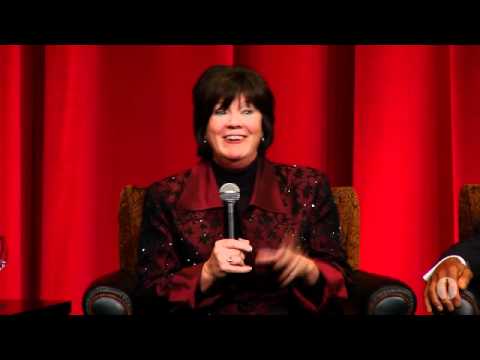
Memorable Lines and Scenes That Showcase Mary Badham’s Talent
Mary Badham’s Scout Finch delivered lines brimming with an innocence that masked deeper societal truths. One of the most chilling moments comes when Scout begs for understanding in her candid but naive way, revealing how children perceive the flawed world around them. Her plea to her father, Atticus Finch (played by Gregory Peck), resonates with audiences, sparking a discussion on empathy and justice that remains relevant.
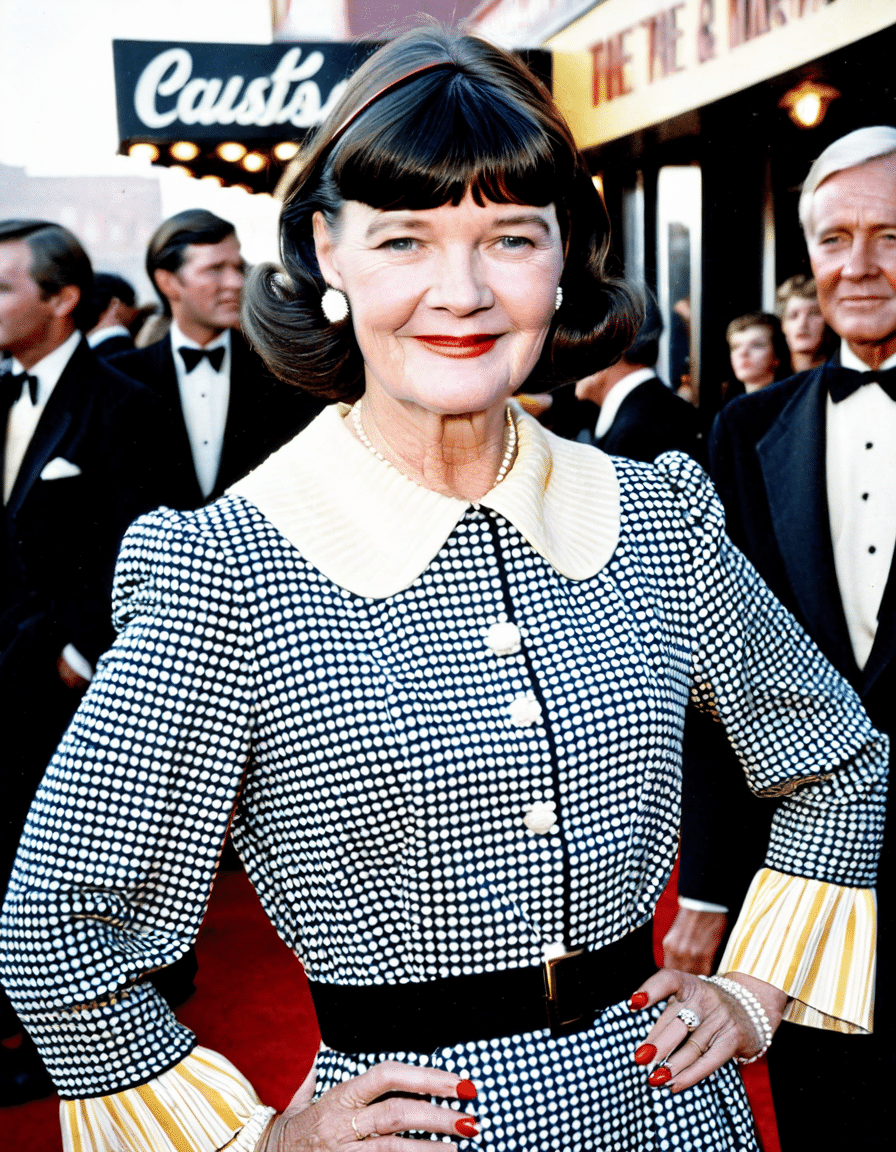
Mary Badham’s Journey Post-Mockingbird: From Child Star to Influential Figure
After To Kill a Mockingbird, Mary Badham gracefully transitioned away from Hollywood’s glaring spotlight but remained a beloved figure in American culture. Reflecting on her role, she often discusses how it shaped her understanding of injustice. This experience paved the way for her advocacy for education and film preservation.
Her journey can be likened to contemporary figures such as Sydney Sweeney, who challenge societal norms through their craft. Both Mary and Sydney embody a sense of responsibility in their roles, proving that film can be a powerful medium for dialogue and social influence. Like Mary Badham, Sweeney emphasizes the importance of character authenticity and emotional depth in her performances.
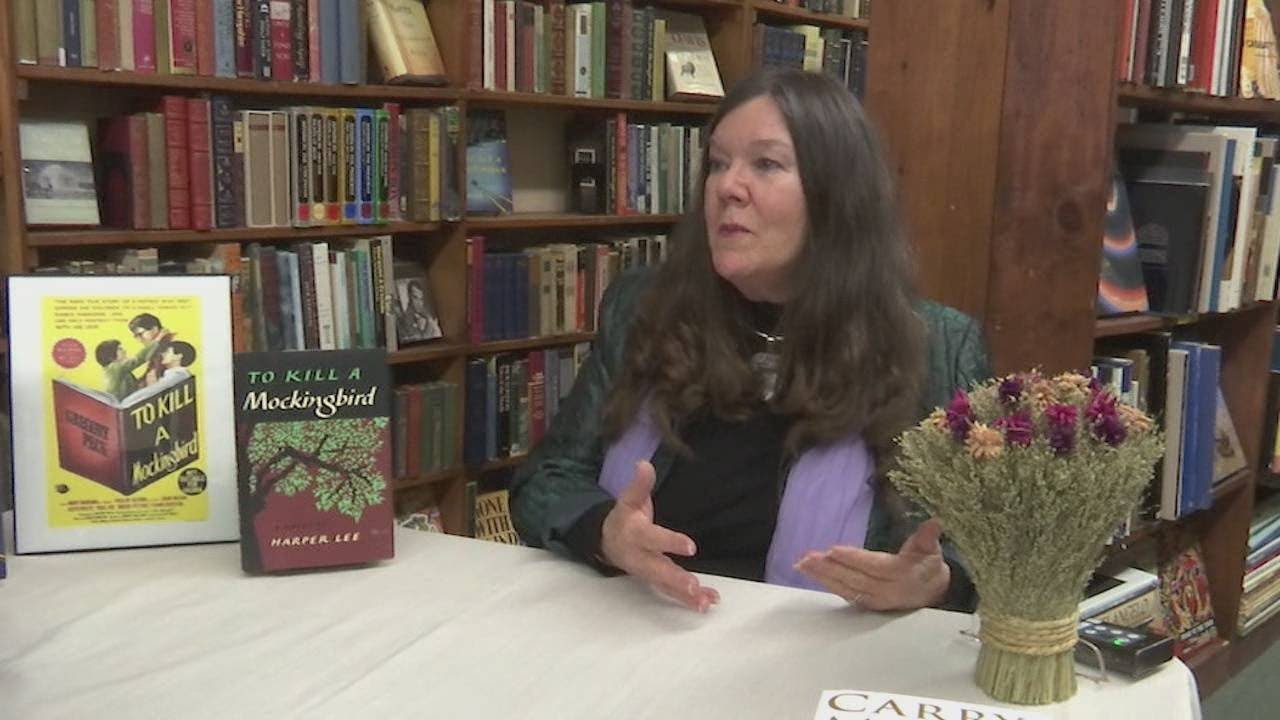
The Influence of “To Kill a Mockingbird” and its Contemporary Comparisons
Examining the long-lasting influence of To Kill a Mockingbird, we can draw parallels between its themes and contemporary media. Shows featuring actors like Glen Powell and Sydney Sweeney often tackle similar issues—prejudice, empathy, and moral dilemmas—that Mary Badham poignantly represented in her role as Scout.
In an age where diverse voices are increasingly celebrated, To Kill a Mockingbird serves as a foundation upon which many recent stories stand. The fight for justice seen in both Badham’s Scout and today’s characters continues to resonate, ensuring ongoing relevance.
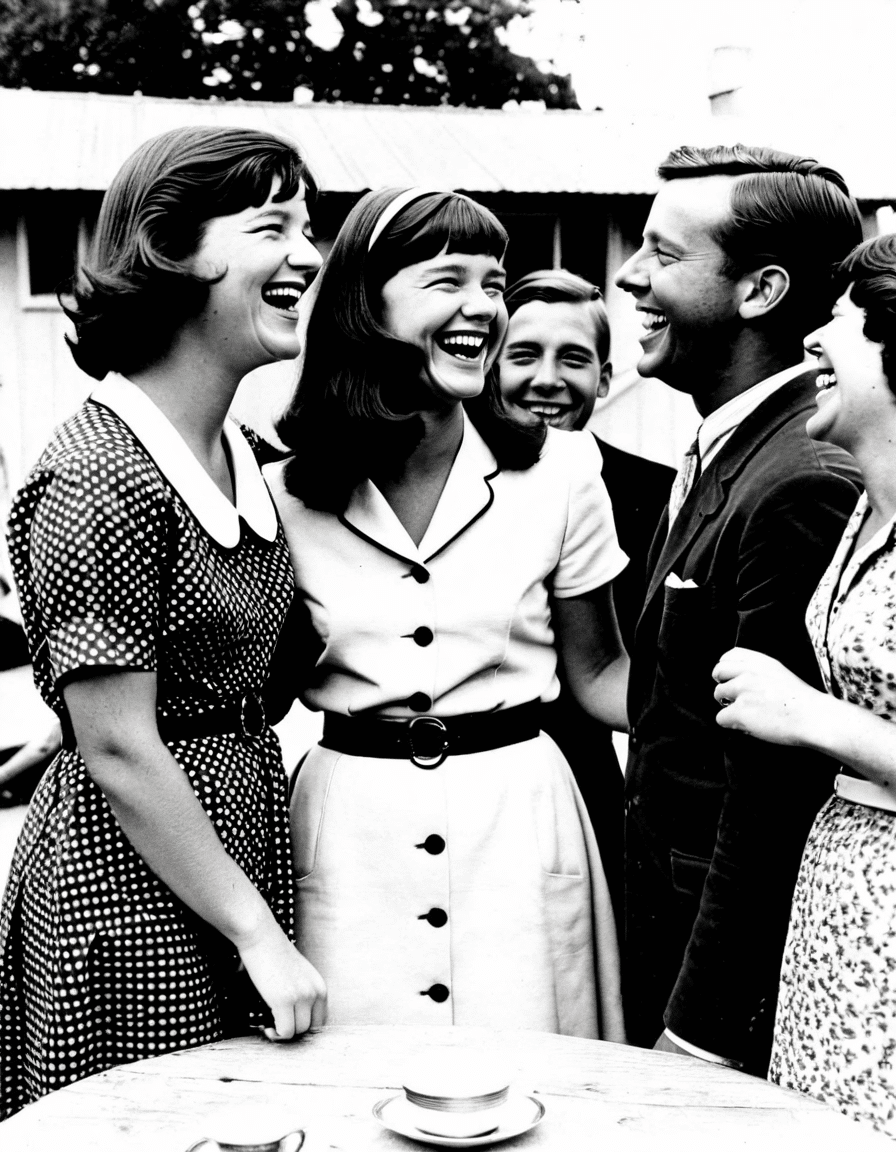
From Atticus to Randall Boggs: The Evolution of Iconic Characters
Mary Badham’s portrayal of Scout Finch serves as a striking contrast to characters like Randall Boggs, voiced by Steve Buscemi in Monsters, Inc. Both characters, albeit from different narratives, highlight moral complexities within their settings. Seeing them side by side reveals how storytelling has evolved over time, often focusing on character development and ethical dilemmas.
By reflecting on these character arcs, we see a transition in storytelling—one that pushes the boundaries of how we perceive right and wrong. Mary Badham’s legacy as Scout demonstrates that characters can provoke thought and challenge norms while remaining relatable.

The Impact of Collaborations: Mary Badham and Her Fellow Actors
Collaborations in film are paramount in creating impactful performances, just as seen with Diane Foxington in Puss in Boots: The Last Wish or the dynamic duo of Carrie Brownstein and Jane Curtin in various comedic projects. What sets Mary Badham apart is her seamless ability to elicit powerful performances from her co-stars.
Acting greatness often lies in teamwork; the synergy between Badham and her cast, particularly with Gregory Peck, underscores the collaborative spirit of filmmaking. Their interactions contributed to the film’s poignant messages, showcasing how powerful storytelling emerges from shared vision and trust.
Cultural Reflections Through Film: How Badham Shines in a Modern Context
Even decades after the film’s release, Badham’s embodiment of Scout Finch continues to resonate within modern cultural conversations. Issues of race, justice, and childhood innocence explored in To Kill a Mockingbird echo the narratives we engage with today.
Take, for instance, the prominence of themes around social justice in current television series. They mimic Badham’s poignant exploration of systemic issues, making her portrayal timeless. Many actors today draw inspiration from her ability to tackle difficult subjects while preserving the purity of childhood.
The Legacy Continues: The Next Generations of Actors Inspired by Mary Badham
As we consider Mary Badham’s long-lasting influence, her impact ripples through newer generations of actors. Young talents like Ross Malinger are often inspired by Badham’s approach to acting. They recognize that depth and empathy in performances can create a lasting connection with the audience.
Moreover, today’s actors, whose work spans multiple genres and platforms, learn the importance of engagement and understanding the complex nature of their characters. Drawing from Mary Badham’s legacy, they craft performances that echo emotional realities, ensuring that powerful messages about humanity endure.
Mary Badham’s unforgettable role in To Kill a Mockingbird profoundly shapes film and continues to inspire a new generation. The emotional depth she brought to Scout Finch resonates powerfully, sending ripples of compassion, justice, and moral reflection through the passing years. This legacy encourages dialogue on the human experience, asserting that stories—whether set in 1962 or today—have the transformative potential to foster empathy and understanding across cultures.
In closing, whether it’s kettle chips, conversations about Fboy Island, or the nostalgic miss mary mack Lyrics we cherish, the human experience remains a centerpiece of storytelling. Just as Mary Badham contributed timeless insights to film, so too can contemporary media carve pathways toward deeper understanding and unity.
When we create a dialogue rooted in compassion, we embrace the essence of what storytelling is all about. Let’s celebrate Mary Badham—not just as an actress but as an enduring symbol of empathy and courage in the cinematic universe.
Mary Badham: A Look at the Young Star Who Captivated Audiences
Early Beginnings
Mary Badham, best known for her portrayal of Scout Finch in To Kill a Mockingbird, began her acting journey at a tender age. Born in Birmingham, Alabama, she was only 10 years old when she got the role that would define her career. Interestingly, Badham had little acting experience prior to this iconic role, and her talent caught the eye of the casting director almost by chance. This spontaneous discovery adds a dash of serendipity to her story, reminiscent of how some people find their passions, much like those who explore innovative business growth Strategies in their careers.
Iconic Performance
Badham’s performance as Scout is often hailed as one of the greatest child performances in cinema history. Her innocence and authenticity brought the character to life, creating a lasting impression. What’s fascinating is that she wasn’t even aware of the significant social issues addressed in the film while filming. Her genuine portrayal allowed audiences to connect deeply with the narrative. Fun trivia: Badham’s favorite snack during filming happened to be turtle chips, which she often munched on in between scenes! Who knew that a simple snack could fuel such a powerful performance?
Life After Scout
After her Hollywood debut, Mary chose to step back from acting and pursue education, surprising many fans. While she might not be a household name today, she remained active in advocating for social justice, echoing the themes of To Kill a Mockingbird. In her later years, she crossed paths with iconic actors like Jenna Coleman and shared memorable moments at various film events. Imagine attending a gathering where such talent and history collide! In her conversations, Mary often reflects on the film’s impact, drawing parallels to other stories that challenge societal norms, like those we see in the latest works of Lana Condor.
From enchanted movie sets to embracing social change, Mary Badham’s journey continues to inspire many. Whether you’re checking the latest Baltimore hourly weather or diving into your own passions, remember her story teaches us that greatness can bloom from childhood dreams and unexpected paths.
